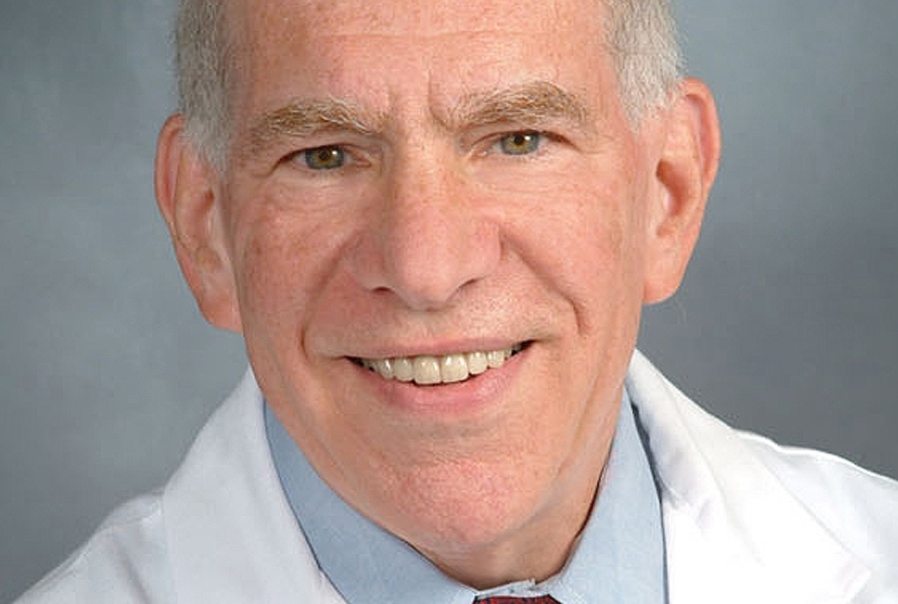For every answer medicine is able to provide, countless questions are sure to follow.
And as tantalizing as the answers that predictive genetic testing could offer, the scores of questions this new technology raise cannot be ignored.
Is the science ready? Is the consumer ready? Is society ready? These were the questions posed by Dr. Ronald Crystal, professor and chairman of the Department of Genetic Medicine, during the March 6th Medicine Grand Rounds, entitled "Direct-to-Consumer Predictive Genetic Testing Is Here: Are We Ready?"
"There is a freight train coming at us," he said, speaking on the evolving science and booming business of predictive genetic testing, and the social and ethical arguments both doctors and prospective patients must consider before looking for the future in the genetic code.
Right now, consumers can send a simple DNA sample to a firm like Navigenics, 23andme or decodeMe, who can determine risks for a broad range of diseases and disorders. Test results may indicate whether a person's sample suggests an elevated risk of diseases such as breast cancer, Crohn's disease, Alzheimer's, multiple sclerosis, prostate cancer, Type 1 and Type 2 diabetes, obesity and restless-leg syndrome.
The benefit is obvious. Patients who know a strong possibility of heart disease lurks in their future, for example, can modify diet and lifestyle choices in a pre-emptive strike against the illness.
However, "genetics is not your destiny," Dr. Crystal cautioned. Patients should understand the difference between diagnosis and risk, and that a screening is not 100% accurate and does not provide a guaranteed outcome, he said.
"What if patients are falsely reassured that they aren't at risk for heart disease and then they go out and start eating Big Macs and don't follow their doctor's recommendations?" he said.
Still, as genetic screening becomes increasingly popular, doctors need to be ready.
"It's real and we're all going to have to deal with it in the future," Dr. Crystal said.
Among his recommendations, Dr. Crystal suggested that doctors emphasize to their patients that the science behind this is very much in its infancy and rapidly evolving. But if a patient does appear to be at risk for diseases such as colon cancer or cardiovascular disease, Dr. Crystal said that ordering specific tests and therapies is a reasonable course of action.
"It doesn't matter what we think of this," Dr. Crystal said. "It's going to happen. Patients are going to come to us with questions about their genetics, and we have to be responsive to their concerns."
April 21, 2008

Dr. Ronald Crystal
